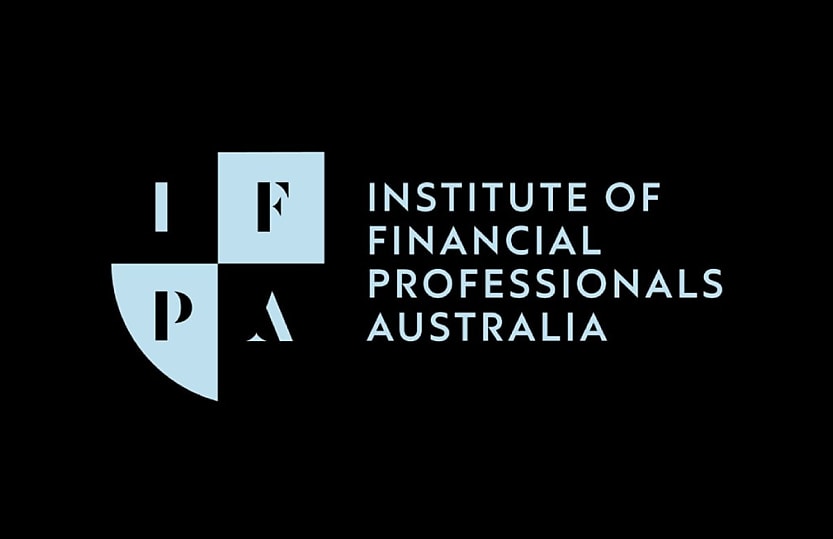Government urged to scrap section 100A: IFPA

The professional body has called for the government to repeal or amend section 100A rather than relying on a specific anti-avoidance provision.
The Institute of Financial Professionals Australia (IFPA) has recommended the government scrap section 100A in its 2025–2026 pre-budget submission to reduce complexity and uncertainty.
In the submission, the institute recommended repealing the provision altogether rather than solely relying on a specific anti-avoidance provision drafted at the height of the tax avoidance era and two years before part IVA was introduced.
IFPA said repealing or amending the section would be more beneficial based on the part IVA counterfactual being a more “readily sustained” option.
“It seems clear from explanatory materials and contemporary statements from government ministers that section 100A was intended to apply egregious trust stripping arrangements involving the introduction of non-tax law or low-tax entities as new beneficiaries,” the submission said.
It was added by IFPA that the section 100A provision was confirmed to have applied much more broadly depending on the circumstances, highlighted in the decisions by the Full Federal Court in Guardian and BBlood.
IFPA said this suggested the provision was not needed for at least one of the income years in dispute while the Commissioner of Taxation’s part IVA determination was upheld.
The professional body also outlined for the section to be scrapped based on the uncertainty and lack of clarity around what represented an ordinary family or commercial dealings.
The amendment or repeal of section 100A was among 11 tax-focused recommendations and 17 proposals for superannuation and financial services reform made by IFPA in its pre-budget submission.
Other key tax priorities noted by the submission included fixing Division 7A to address disguised distributions by private companies, allowing disclaimers of trust distributions to improve tax flexibility, enhancing the instant asset write-off rules to support businesses and investment, as well as simplifying the foreign resident capital gains withholding clearance certificate process.
IFPA said Australia’s tax system across the Federation was no longer fit for purpose and desperately needed reform aimed at making the system simpler, fairer and more equitable.
Australia’s productivity has taken a direct hit, with national performance being measured as significantly weak, according to the institute.
Despite other factors needing to be engaged to help bring on improvement, IFPA believed tax reform would be an essential element in helping this and needed immediate attention.
The body also revealed in its pre-budget submission that it would “stand firm” against the Division 296 super tax.
IFPA’s head of superannuation and financial services, Natasha Panagis, said IFPA remained steadfast in its opposition to the government's proposed tax on super balances above $3 million and would continue to challenge this policy in 2025.
“Our tax and superannuation system should support all Australians, not create unnecessary complexity and inequity,” she said.
“We’ve provided the government with a roadmap for meaningful reform – now is the time for action.”
The body noted it was also concerned with the drafted design of the proposed tax and stated despite not supporting it, if it was retained, urgent changes needed to be made.
Recommended changes included taking actual superannuation fund earnings attributable to each member and indexing the $3 million threshold.
About the author







